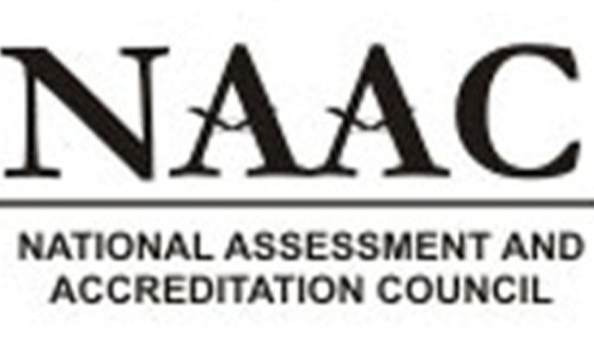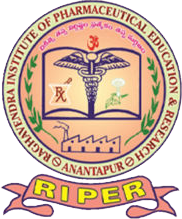Research Division (R&D)
The research division (R&D) in RIPER – Autonomous plays a pivotal role in advancing education, innovation, and the overall reputation of the institution.
1. Innovation and Drug Discovery
- Development of Novel Therapies: Research division drive innovation by exploring new drug delivery systems, synthesizing new chemical entities, and developing novel formulations for treating diseases.
- Addressing Public Health Challenges: Focused research on drug resistance, neglected diseases, or emerging health issues contributes to the development of solutions for global health problems.
2. Enhancing Academic Excellence
- Knowledge Expansion: Faculty and students involved in research deepen their understanding of pharmaceutical sciences, which enhances the overall academic environment.
- Quality Publications: Research outputs in reputed journals with boost the institution’s academic reputation and visibility in the global scientific community.
3. Skill Development
- Practical Training: Research offers students hands-on experience in techniques like spectroscopy, chromatography, molecular docking, and in vitro/in vivo studies.
- Critical Thinking: Involvement in research fosters analytical thinking, problem-solving, and decision-making skills among students and faculty.
4. Industry Collaboration
- Partnerships with Pharma Companies: Research division often collaborate with the pharmaceutical industry, providing access to funding, technology, and real-world challenges.
- Technology Transfer: Innovations from the research division can be patented and commercialized, bridging academia and industry.
5. Funding and Infrastructure Development
- Grants and Sponsorships: Research proposals from the faculty attract funding from government agencies, private organizations, and international bodies, improving infrastructure and resources.
- Advanced Facilities: Cutting-edge research leads to the establishment of state-of-the-art laboratories and facilities that benefit the entire institution.
6. Improving Healthcare Outcomes
- Pharmacovigilance and Toxicology Studies: Research division assess drug safety, efficacy, and adverse effects, contributing to safer therapeutic options.
- Community Impact: Research on public health interventions can directly improve healthcare delivery in surrounding communities.
7. Boosting Career Opportunities
- Student Placement: Graduates with research experience have better job prospects in academia, industry, and regulatory agencies.
- Faculty Recognition: Active research involvement enhances faculty credentials, making them eligible for awards, grants, and global collaborations.
8. Compliance with Accreditation Standards
- Many accreditation bodies emphasize research output as a critical parameter for ranking and accreditation of pharmacy colleges.
9. Contribution to Policy and Education
- Research divisions play a role in shaping national and international pharmaceutical policies and contribute to the development of educational curricula.
By fostering innovation, building expertise, and contributing to societal health, the research division is a cornerstone of RIPER college’s mission to lead in education, research, and healthcare.





